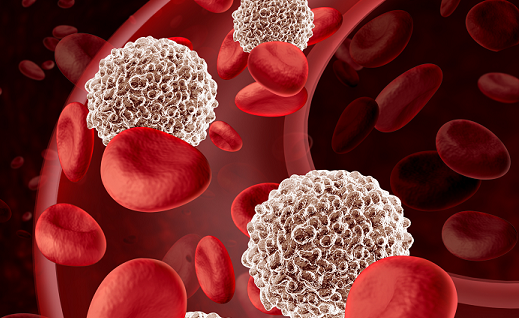Keeping your blood moving is critical to good health. Do your legs or arms wake up after you do? Do your limbs get cold easily? Do you have tingling of your feet or hands? Do wounds heal slowly? Are you having blood pressure challenges? These may be signs of poor circulation. But not everyone with poor circulation has symptoms.
This is a condition that cannot be ignored. An important role of circulating blood is to bring oxygen and nutrients to your organs and tissues. Lack of circulation can have dire consequences on your health.
While there are several reasons for poor circulation, some of the manifestations or causes could be peripheral artery disease, diabetes, and blood clots. Continuing poor circulation puts undue stress on the cardiovascular system, the kidneys, liver and even eyes. Left unchecked, it can contribute to hardening of the arteries, hemorrhoids, painful joints and varicose veins. Other non-descript issues can result from lack of waste being removed from your tissues. Poor circulation should be taken seriously.
Sufficient exercise, good nutrition and ample hydration are important in supporting healthy circulation. Also, avoiding sugar keeps glucose and triglyceride levels down. This, in addition to high cholesterol levels, thicken the blood, making it more difficult for blood to flow through the finer peripheral vessels.
Acupuncture also helps to move blood. In a study published in Electron Devices and Solid-State Circuits, March 2015, using Photoplethysmography (a non-invasive optical technique used to measure blood volume changes in microvascular beds), found that acupuncture significantly increased peripheral blood flow in the upper and lower limbs.
In several studies, it was found that acupuncture reduces peripheral vascular resistance by relaxing the blood vessels, and decreases blood pressure through several mechanisms including decreasing muscular tension. In a study published in the medical journal Circulation, Randomized Trial of Acupuncture to Lower Blood Pressure they found that ambulatory systolic and diastolic blood pressures were reduced significantly, adding “[Acupuncture for] arterial hypertension when administered carefully by competent medical personnel, side effects are relatively rare. Its perceived character as “holistic” and “soft” medicine, as opposed to conventional drug therapy, is attractive to many patients and may increase compliance to therapy in a disease notorious for low patient compliance with drug regimens.”
If a series of acupuncture treatments is properly administered by a Licensed Acupuncturist, and followed through by the patient, the positive effects on blood pressure can last long term.
In a study published in Evidence Based Complementary and Alternative Medicine in 2012, using Color Doppler Imaging, they found that acupuncture works through physiological mechanisms, including the release of critical hormones, via the autonomic nervous system to improve micro-circulation.
Most acupuncturists combine nutrition, herbal medicine and other modalities, as well as evaluating the patient on an individual basis and treating accordingly, thereby substantially increasing their results versus the one or two point approach used in studies.
Good circulation is essential for good health. If you are suffering, consider acupuncture – it works!
©2019 Holly A. Carling, O.M.D., L.Ac., Ph.D.







